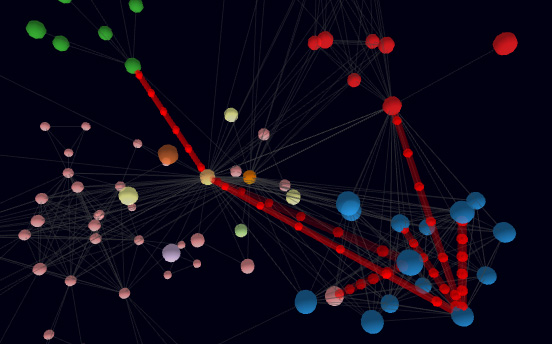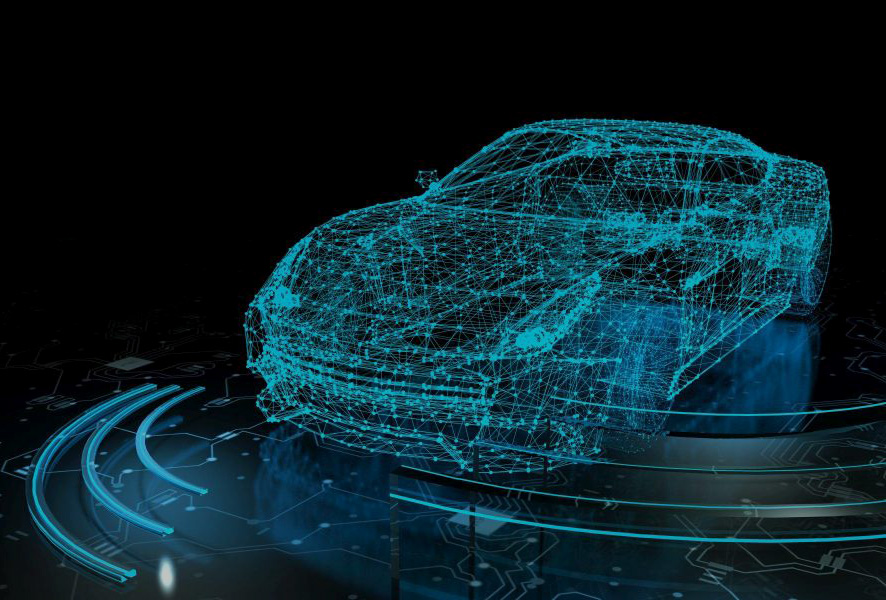Agile, intelligent cybersecurity, woven
into the lifecycle of connected vehicles
At the intersection of connectivity, safety, and autonomy, our need for automotive cybersecurity expertise is urgent, but under resourced. The few available experts also face a growing gulf between traditional engineering practices and cybersecurity's infotech origins.
ThreatAgility’s unique approach bridges this gap with agile automotive cybersecurity, based on an AI-driven platform that enables self-aware, cybersecure vehicles.
From conception through the lifetime of the vehicle:
Continuous threat modelling enabling agile, unified cybersecurity

High-Fidelity Threat Modelling
From silicon to cloud, cybersecurity risks need to be analysed at every level. Too-coarse analysis generates unwieldy requirements that impede agility.
- Highly-detailed modelling of:
- vehicle systems and infrastructure
- attacker techniques and motivations

Cybersecurity Simulation
Intelligent attack simulation allows ThreatAgility to generate detailed cybersecurity requirements, prioritized across all vehicle systems and infrastructure.
- Comprehensive coverage of complex systems
- Simulation allows agile evaluation of alternative requirements

Agile Validation
Detailed, prioritized testing requirements are directly generated from the high-fidelity threat model, allowing modular and therefore agile testing to be conducted earlier in the development cycle, providing clearer scope for specialised cybersecurity testing.
- Clearer scope for cybersecurity testing
- Less dependence on late stage penetration testing

Continuous Cybersecurity
For the life of the vehicle, the high-fidelity threat model plays a critical ongoing role in detecting and modelling the impact of new threats and vulnerabilities.
- Agile response to new threats and vulnerabilities
- AI detection model deployed in vehicle and cloud

Self-aware Cybersecurity
ThreatAgility's detection modules are trained on an integration of the high-fidelity models and attack simulations. Incorporated into vehicle systems, these modules create cybersecurity self-awareness.
Not limited to detecting known attacks, the vehicles also know where they are most vulnerable, allowing them to respond to new threats and anomalous events in proportion to the threat.
Keep ahead of the curve
Subscribe to the ThreatAgility newsletter